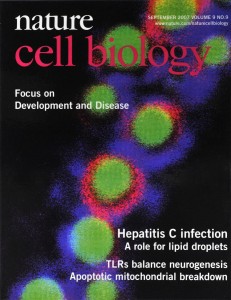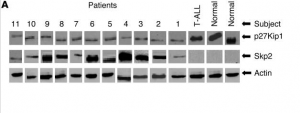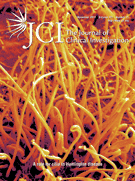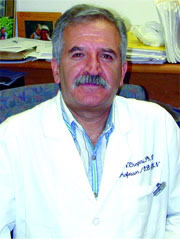 Researchers at the University of Pittsburgh have retracted a paper on using thalidomide, which led to an estimated 10,000 birth defects by the time the drug was pulled from the market in 1961, to prevent chemo-induced sterility.
Researchers at the University of Pittsburgh have retracted a paper on using thalidomide, which led to an estimated 10,000 birth defects by the time the drug was pulled from the market in 1961, to prevent chemo-induced sterility.
Alkylating agents, which prevent DNA replication in cells, are a commonly-used cancer treatment. Unfortunately they also damage the ovaries and testes, sometimes causing infertility. The University of Pittsburgh scientists published a paper in Elsevier journal Fertility and Sterility in 2011 that suggested thalidomide, which causes severe birth defects when used during pregnancy, might help protect ovaries during chemo.
However, according to the notice, the authors tried and failed to replicate their results. They had two separate scientists who were not authors take a look at the results; everyone agreed that the original study incorrectly reported the number of primordial follicles, the precursor to mature eggs.
Here’s the notice for “Thalidomide treatment attenuates chemotherapy-induced gonadal toxicity”: Continue reading Thalidomide paper retracted for lab error









